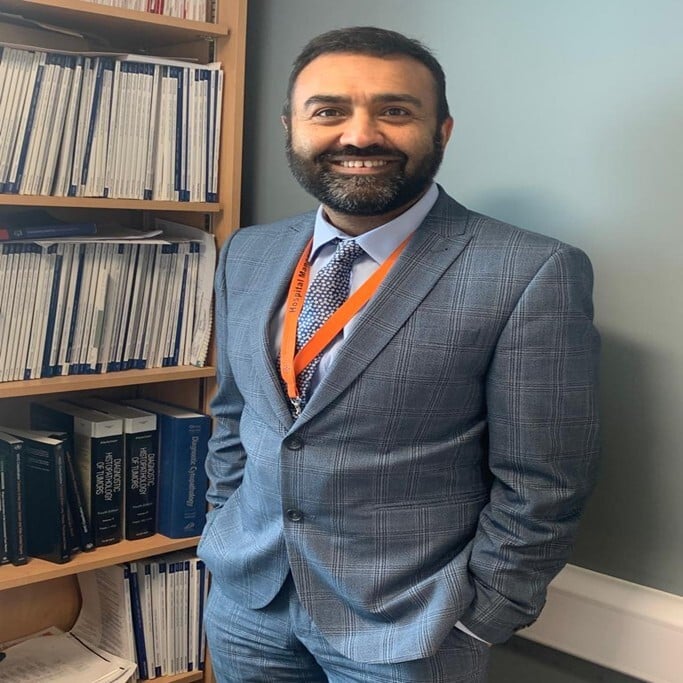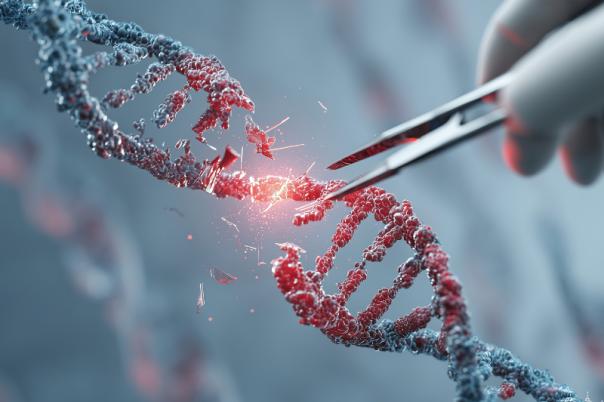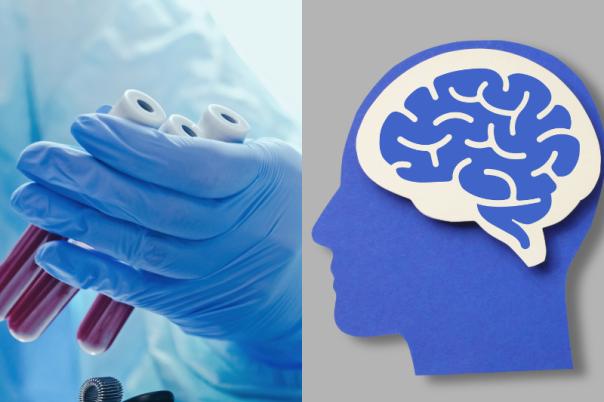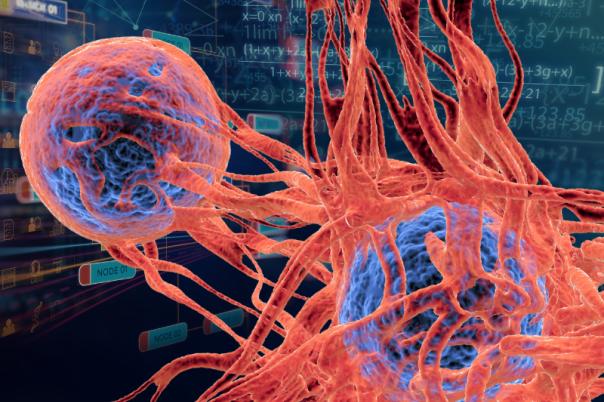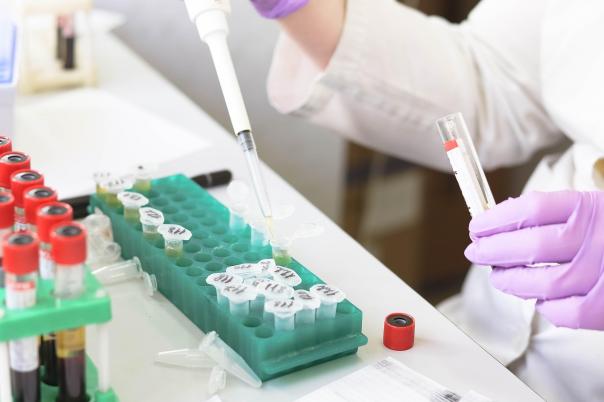Muhammad Aslam, Consultant Pathologist, National Clinical Lead for Digital Pathology and AI, Wales, Betsi Cadwaladr University Health Board introduced some success stories from his group.
Aslam highlighted that deployment of AI tools in Wales led to a significant increase in cancer pickup rates. This improved detection was particularly evident in prostate and breast pathology, with a reported 13% improvement for prostate cancer detection.
Aslam and his team have collected nearly 10,000 patients across Wales from six health boards all on the same system from the same provider which has accumulated roughly 91TB. This wealth of data was essential for training the AI.
Aslam also noted that there has been a significant reduction in immunohistochemistry usage as a result of AI integration. In the case of prostate cancer IHC usage dropped around 50%, leading to faster patient results and significant cost savings.
Currently, AI algorithms are being used for real-time triaging of suspicious cases. This improves turnaround times and prioritising malignant cases for faster reporting. Aslam explained how AI results converted initially sceptical pathologists. Despite their initial doubts some are now using AI as a second read to validate their diagnoses, increasing overall confidence in clinical decisions.
